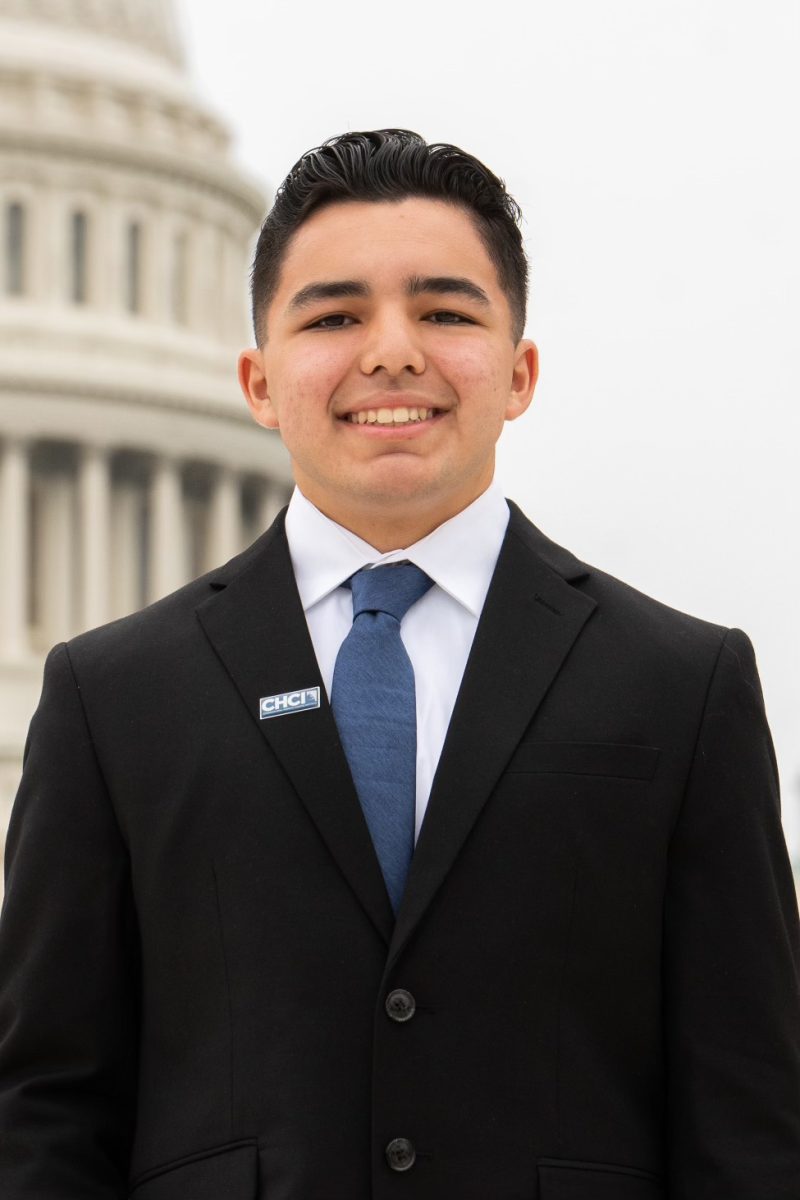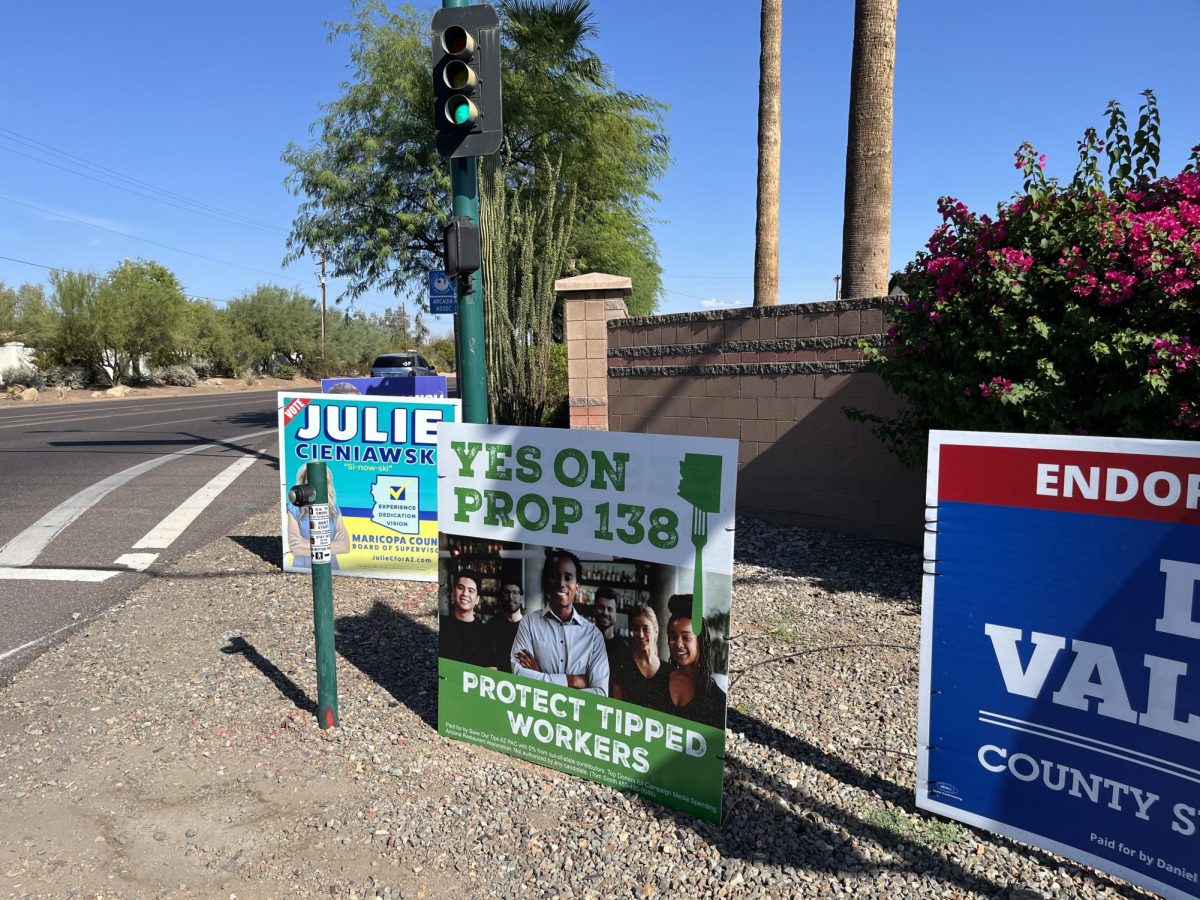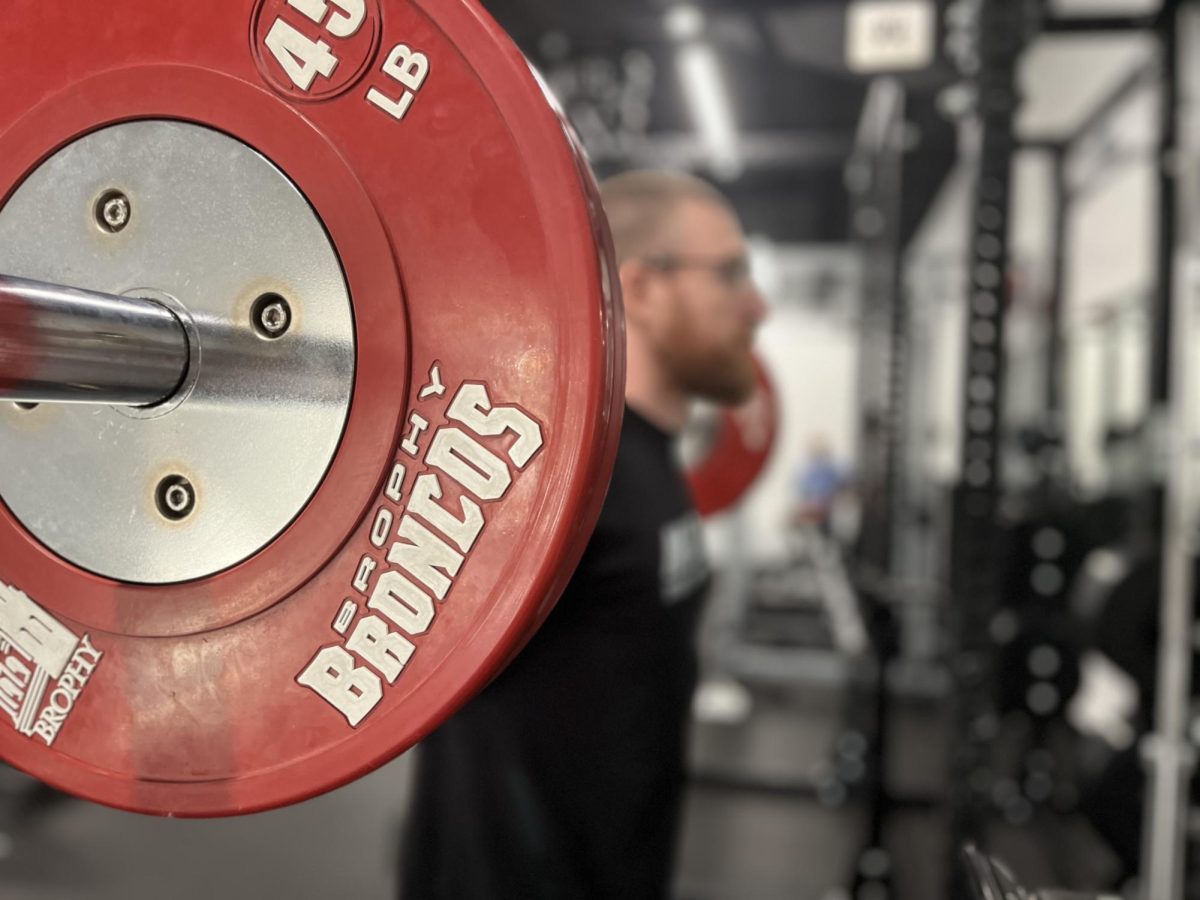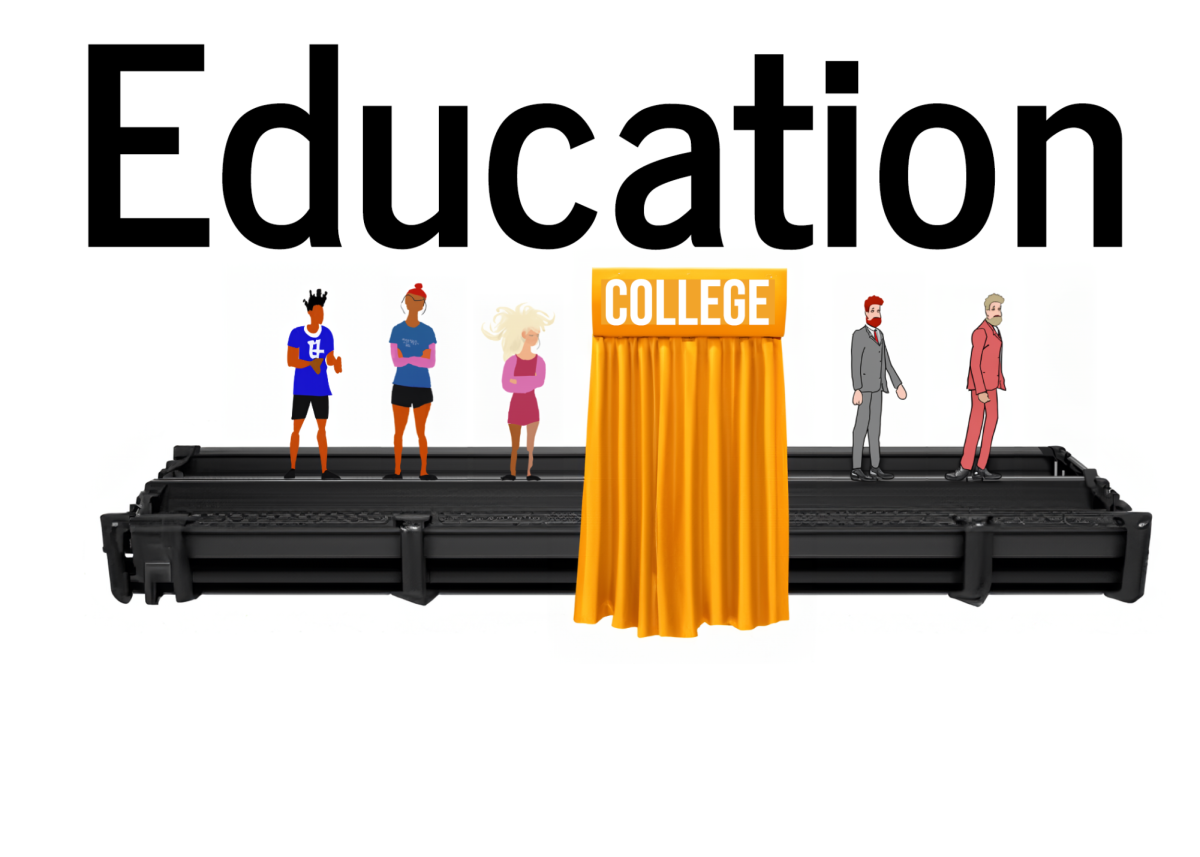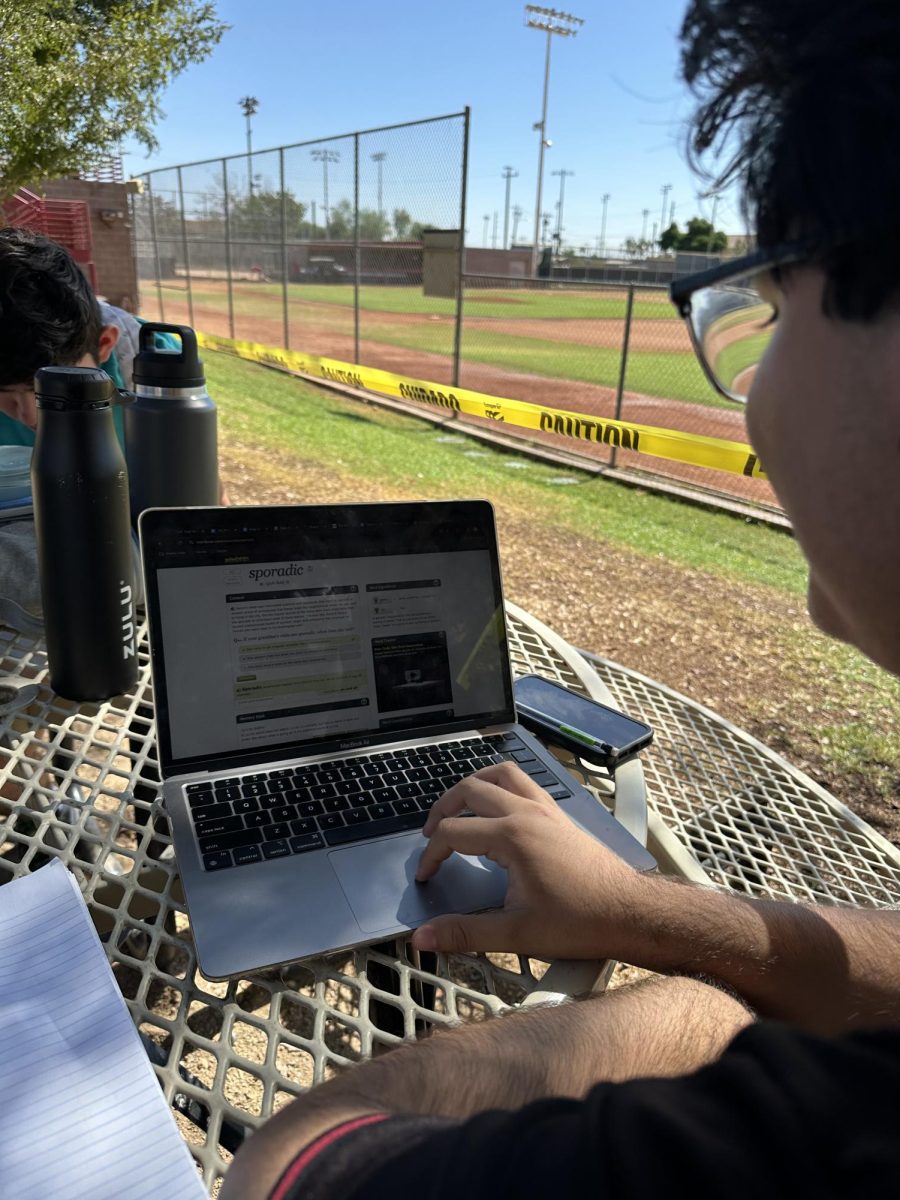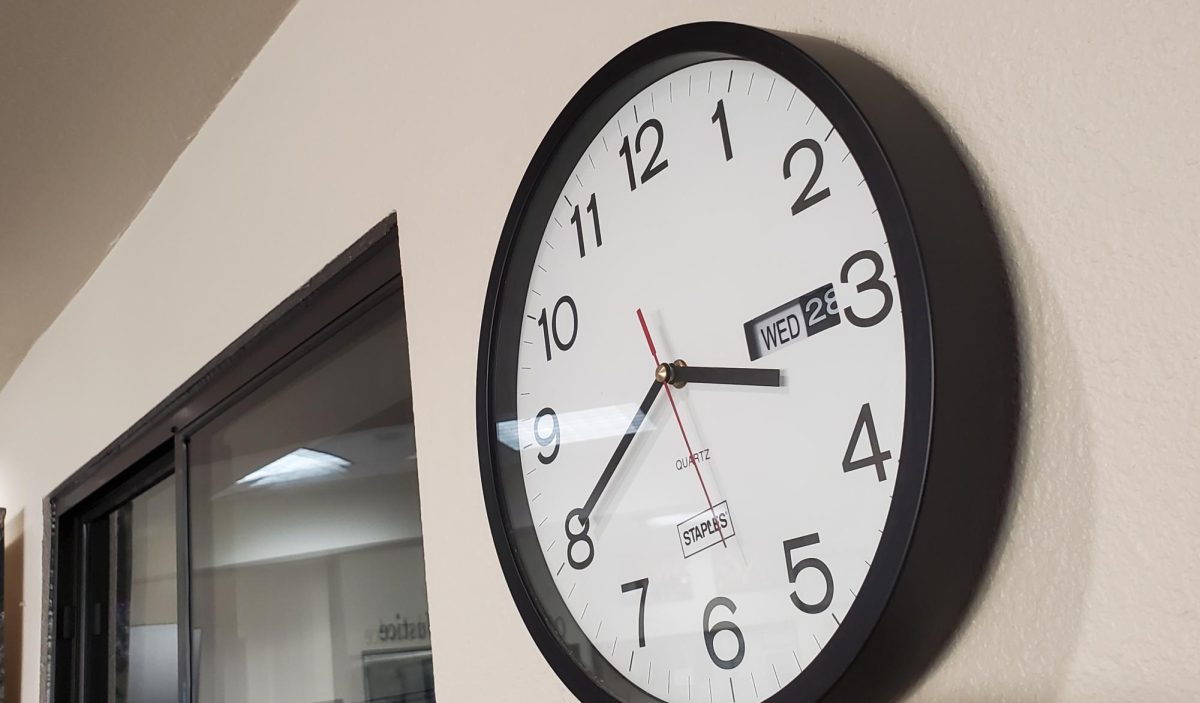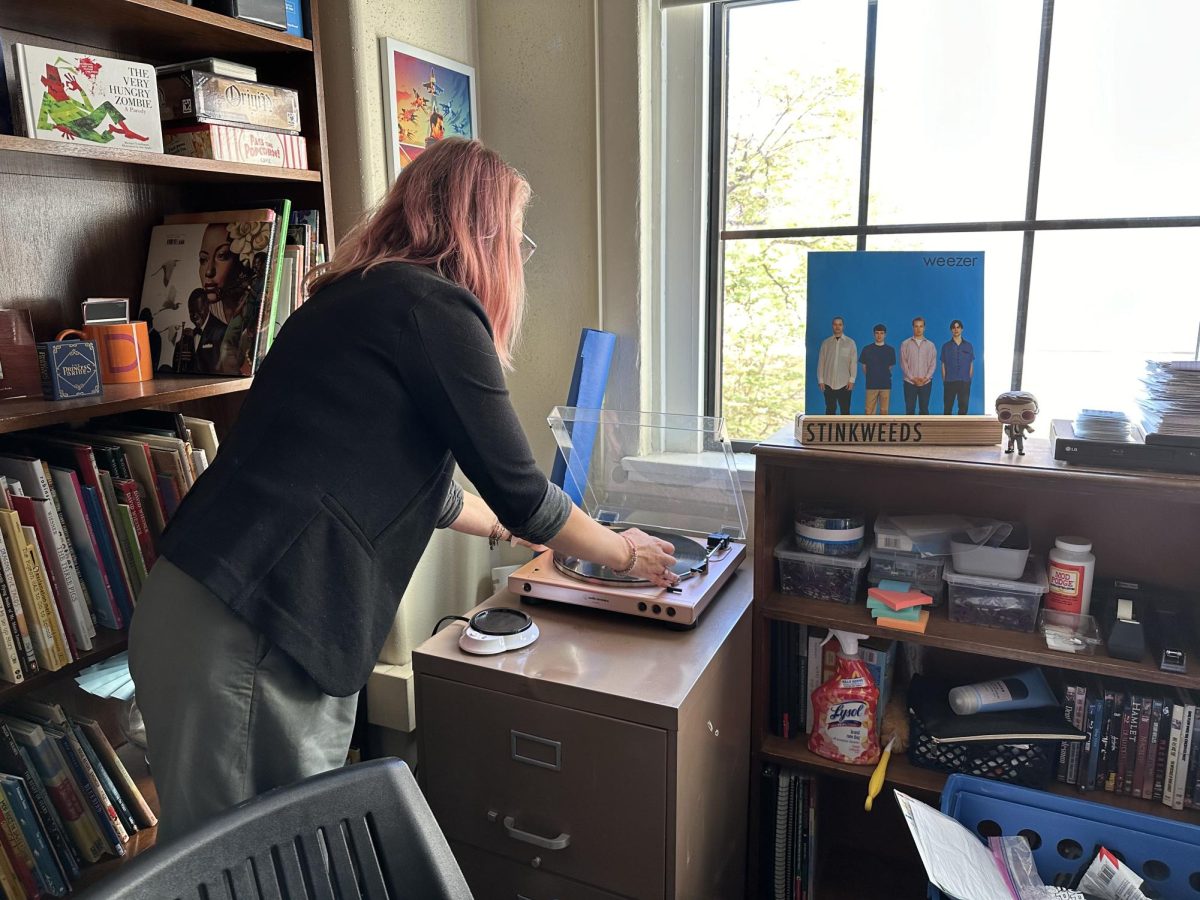By Andrew Howard ’17
THE ROUNDUP
There are students across campus who suffer from different learning disabilities, whether ADHD, ADD, dyslexia or any other issues, it can take a toll on how they manage their time at school.
Brophy does two specific things to help students with mental disabilities: they get extended time to take finals, and preferred seating in classrooms, according to Mrs. Karen Parise.
Trey Davis ’17, who was recently diagnosed with ADHD, said he has had to make changes to the way he learns.
Mrs. Parise said that students with learning differences are her heroes because we don’t do much to help them.
“We have a great school because we embrace the kids with differences, but the problem is that we can’t help a ton because of the school structure,” Mrs. Parise said.
Brophy has about 25 students who are identified on campus with a learning difference. In order to be identified as such they must go through a four-hour test.
“The test shows that their IQ is certainly as high as anyone else’s, but they just need more time to get to the same solution, ” Mrs. Parise said.
There are likely more than 25 students with learning challenges on campus, but many are not diagnosed by the school.
“There is no teenager on Earth that wants to be seen as different … Especially not labeled as stupid or lazy, which is what ADD used to seem like,” Mrs. Parise said.
Davis said that he originally did not want to tell people when he was diagnosed because he feared being labeled. However he has since realized that he has no reason to hide his disability since many other students are going through the same thing.
Many students declined to be interviewed for this article, in part because they did not want to be labeled or seen as different.
Mrs. Parise said there are many strategies to try and help students with ADD or ADHD like color coding folders, listening to music while studying and doing school work in short intervals.
Davis said he has has to adopt new ways of studying since being diagnosed.
“For one I always try and stay on top of my medicine, but I’ve found that taking breaks every 20 or 30 minutes helps me get more done in the long run,” he said.
Although the medicine helps, he says it has said it can have side effects, and that he knows other kids who have worse side effects.
“Sometimes I don’t have an appetite, but I know people who get headaches and even have trouble sleeping sometimes,” he said.
Although Brophy only technically does two things to help the students, Mrs. Parise said that if teachers know what is going on, more often than not they are willing to help.
Davis said he has approached teachers for help at times.
“I sometimes go in after to class to ask for extra notes, or compare notes with a classmate, just trying to get as much information as possible helps me,” he said.
“Coming to Brophy is a hard decision all students with disabilities have to make because often times public schools can do more to help them than Brophy can, “Mrs. Parise said.
“They are called to work harder and they want to work harder being at Brophy,” she said.


